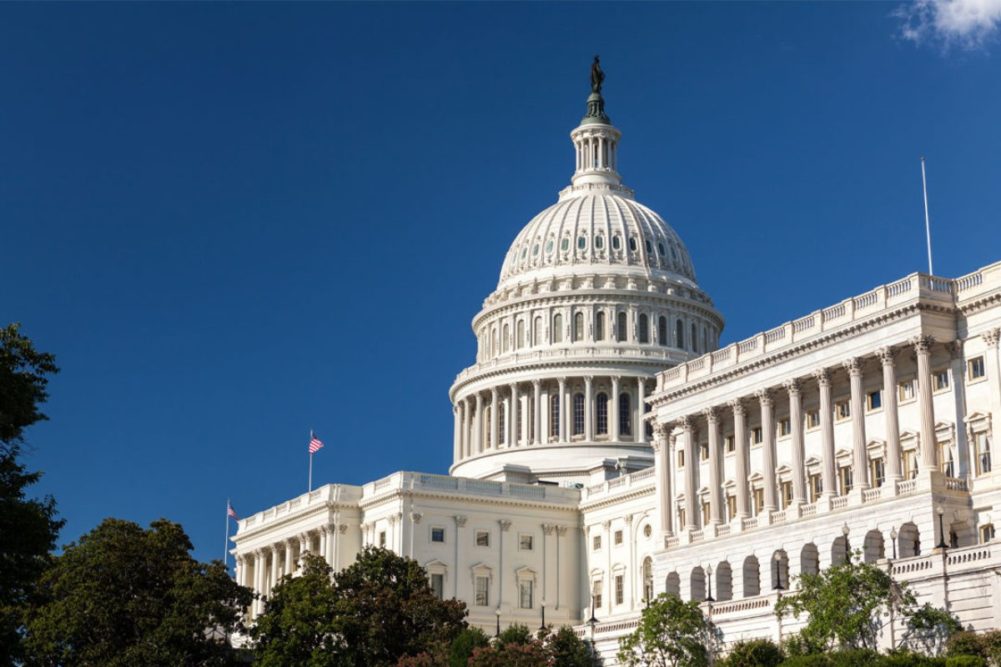Recently, a supply chain bottleneck began limiting the availability of gable top milk cartons used in school milk. Some schools reacted by saying they would remove milk from the menu if supplies became limited. The International Dairy Foods Association (IDFA) jumped into action, pulling together packaging suppliers, milk processors, US Department of Agriculture (USDA) and state officials to help keep nutritious milk flowing to students.
At the same time, IDFA is battling stringent sodium reduction targets that could lead to less safe food for consumers. We do this while working with Congress on the current appropriations bill to fund the US government — which includes many dairy industry priorities — and paving the way for IDFA objectives in the upcoming Farm Bill, among many other efforts underway at IDFA.
Seeing the value
After more than six years in my role with IDFA, I’ve never been more convinced of the value of a collective, effective Washington-based trade association than I am today. When I came to IDFA, I was committed to expanding the association, giving a voice within our leadership to all segments of US dairy, and instilling a proactive, collaborative approach to our work.
For most IDFA members, the association has become a lifeline, giving access to deeply experienced regulatory and legislative affairs staff, strategic communications expertise, professional development and continuing education resources for their employees, research and market insights, contact with government officials, and networking opportunities where business connections are made and problems get solved.
Whether a multinational organization or single-plant, family-owned processor or supplier, IDFA consistently delivers an impressive return on investment for our members. In an ever-resource-conscious business environment, having an external team of subject matter experts is smart. IDFA’s team, with decades of experience on Capitol Hill, in Washington’s federal regulatory agencies, and in positions throughout the dairy and food industries, sets the gold standard among Washington trade associations, 100% committed to protecting the interests of US dairy.
That’s good news for US processors and suppliers, because our world is extraordinarily complex and uncertain. Regulatory agencies in Washington and around the world are promulgating rules impacting US dairy. Large pieces of legislation, such as the Farm Bill, which once enjoyed huge bipartisan support, are becoming more difficult to get done every five years. Add supply chain interruptions, international trade bottlenecks, and black swan events like the COVID-19 pandemic or crippling cyber attacks, and it’s clear that an isolated, go-it-alone approach just doesn’t work in today’s environment. Here are a few examples of where IDFA membership pays dividends:
• Political affairs: IDFA operates one of the most effective political affairs organizations in Washington. Our work allows IDFA members to pool their resources and speak in a unified voice. This is how we build relationships with lawmakers that result in significant new programs for dairy, like the SNAP Healthy Fluid Milk Incentive Program and the Dairy Forward Pricing Program. IDFA’s political affairs work ensures existing policies that benefit dairy remain in place, such as the ability to serve milk in school meals and inclusion of dairy throughout federal nutrition programs. It also allows us to guard against harmful or onerous regulations that would irreparably harm dairy businesses, such as restrictive sodium standards in cheesemaking that may lead to less safe food for consumers.
• Advocacy: Through a combination of government relations, regulatory expertise, and a mix of grassroots and coalition-led engagements, IDFA advocates on behalf of dairy foods companies on critical issues. Following decades of advocacy, IDFA secured an updated Yogurt Standard of Identity for our members that allows for innovation. We have worked with state partners to remove harmful provisions from proposed state laws that would negatively impact dairy farming and processing, from environmental requirements to food additives. We were a leading voice in reforming the Food and Drug Administration (FDA) foods program to be more transparent and open to industry collaboration. And we are engaged in a full-scale effort with Congress to create a new dairy nutrition incentive program for SNAP recipients that delivers healthy dairy for low-income families.
• Education and networking: IDFA programs cover topics from dairy product labeling to dairy cost accounting, to updates on packaging laws and educational series on GHG accounting and insetting. Our NextGen Leadership Program and the Women in Dairy network prepare new leaders in dairy, while our flagship Dairy Forum continues to set registration records each year due to its mix of informative content and can’t-miss networking events.
In an increasingly complex and ever-changing marketplace, collaboration is key to success. If you’re not an IDFA member, I encourage you to consider joining. Together, we can achieve more for US dairy than any of us could alone.

